Cesta
Microfonos para voz
Voir les marques
filtros
Filtro
95
Resultados :
Productos por pagina
Clasificar
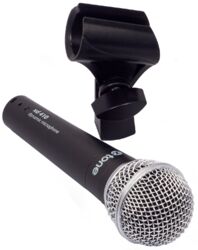
89.00 €
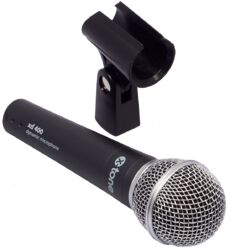
89.00 €

379.00 €
355.00 €

607.00 €

99.00 €
92.00 €
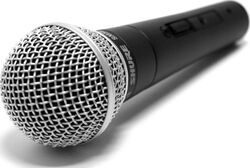
135.00 €
118.00 €

125.00 €
109.00 €

499.00 €
474.00 €

219.00 €
155.00 €

179.00 €
169.00 €

99.00 €
89.00 €

49.00 €

39.00 €
38.00 €

55.00 €

110.00 €
99.00 €

52.00 €
Ventas


99.00 €
79.00 €

119.00 €
91.00 €

504.00 €
499.00 €
promoción


199.00 €
119.00 €

199.00 €
110.00 €

379.00 €
355.00 €

499.00 €

499.00 €

100.80 €
99.00 €
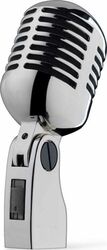
129.00 €
99.00 €

432.00 €
429.00 €
Ventas


271.20 €
209.00 €
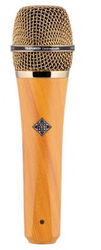
499.00 €
419.00 €

499.00 €
369.00 €
Marcas de la categoría : Microfonos para voz
Ver más















